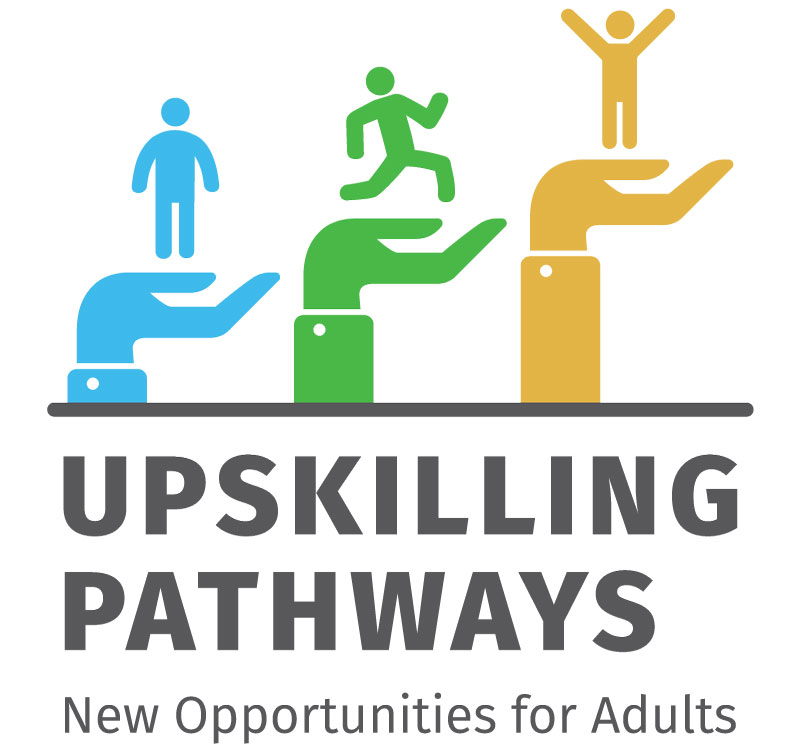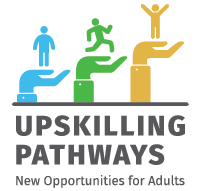
Upskilling Pathways (UP) e-portal
Brief on the Upskilling Pathways (UP) initiative
Close to one fifth of adult Europeans struggle with basic reading and writing, calculation, and using digital tools in everyday life. About the same amount of adult Europeans (around 22%) only obtained a lower secondary education level at most. Without these skills and with low level of qualification they are at higher risk of unemployment, poverty and social exclusion.
For that reason, the European Council adopted the Recommendation on Upskilling Pathways (UP) – New opportunities for adults (December 2016) which is the main legislative proposal of the Skills Agenda for Europe (June 2016) in the field of adult education and training targeting low-qualified and low-skilled adults.
The UP initiative is also a key building block of the European Pillar of Social Rights and its Action Plan, which both promote equal rights to quality and inclusive education, training and lifelong learning, in order to support fair and well-functioning labour markets and welfare systems. In addition, the Recommendation contributes to achieving the UN Sustainable Development Goal No 4, of ensuring that by 2030 all youth and a substantial proportion of adults, both men and women, achieve literacy and numeracy.
The UP recommendation aims to help adults acquire a minimum level of literacy, numeracy and digital skills and/or acquire a broader set of skills and competences by progressing towards an upper secondary qualification or equivalent (level 3 or 4 in the European Qualifications Framework (EQF) depending on national circumstances).
The UP implementation has been documented in the February 2019 Report, taking stock of member states’ plans and progress.
The Council renewed its commitment to support these endeavours through the Council Conclusions (June 2019) and recently through the Union of Skills overarching strategy (2025).
Six years and a half after the publication of the UP Recommendation, the European Commission released the Evaluation Report from the Commission to the Council and the Commission Staff Working Paper about its implementation. This UP evaluation package was adopted on 17 July 2023 as part of the Commission’s activities marking the European Year of Skills (EYS).
UP implementation in Slovenia
According to the above mentioned report, Slovenia is among those countries which have tied the implementation of UP with existing strategies (i.e. the Adult Education Master Plan), legislation and ongoing policies, mostly embodied in ESF-funded projects.
Through the national coordination of the European Agenda for Adult Learning (EAAL) in Slovenia, several activities have been carried out in the 2017–2025 period such as consultation events, EAAL forums and ICT-based tools as to support the above national endeavours and raise their profile.
Among them is this e-portal which has become the central point where existing policy measures and resulting examples of good practice are presented.
Schematic presentation of the Upskilling Pathways initiative:
Priorities
It is crucial to raise the participation of the low-skilled and low-qualified in formal, non-formal and informal learning and consequently, enable them to acquire a minimum level of literacy, numeracy and digital skills and/or acquire a broader set of skills by progressing towards an upper secondary qualification or its equivalent.
Beneficiaries
Upskilling pathways aim to assist the adults who currently struggle with literacy, numeracy or digital skills or who did not complete their upper secondary education, representing a large and heterogeneous target group of 61 million. They may be in employment, unemployed or economically inactive, with a need to strengthen basic skills and other key competences.
UP Process
To boost access to and take up of quality learning opportunities, adults with low levels of skills should have access to upskilling opportunities around the concept of an easily accessible pathway comprising three key steps.
Support
The UP Recommendation calls for motivation and outreach measures that include raising awareness on the benefits of upskilling, and making available information on existing guidance. Guidance and/or mentoring services should be provided to support learners’ progression through all steps of the upskilling process.
Partnership
The UP Recommendation calls for effective coordination of implementation measures, with the engagement of relevant public and private actors in education and training, employment, social, cultural and other relevant policy areas.
Evaluation
The 2018 stocktaking report drew on the information by MSs on the measures that they had outlined for the implementation of the UP Recommendation. The evaluation of the impact on the target group will take place by the end of 2021. Building up evidence on the benefits of investing in adult learning, efficiency of various policy measures, skills levels of adult population etc. is crucial at national and EU level.


© 2019 Slovenian Institute for Adult Education. Legal notice | Privacy statement
Editor: Zvonka Pangerc Pahernik, MSc, design: David Fartek, computer solution: Franci Lajovic

